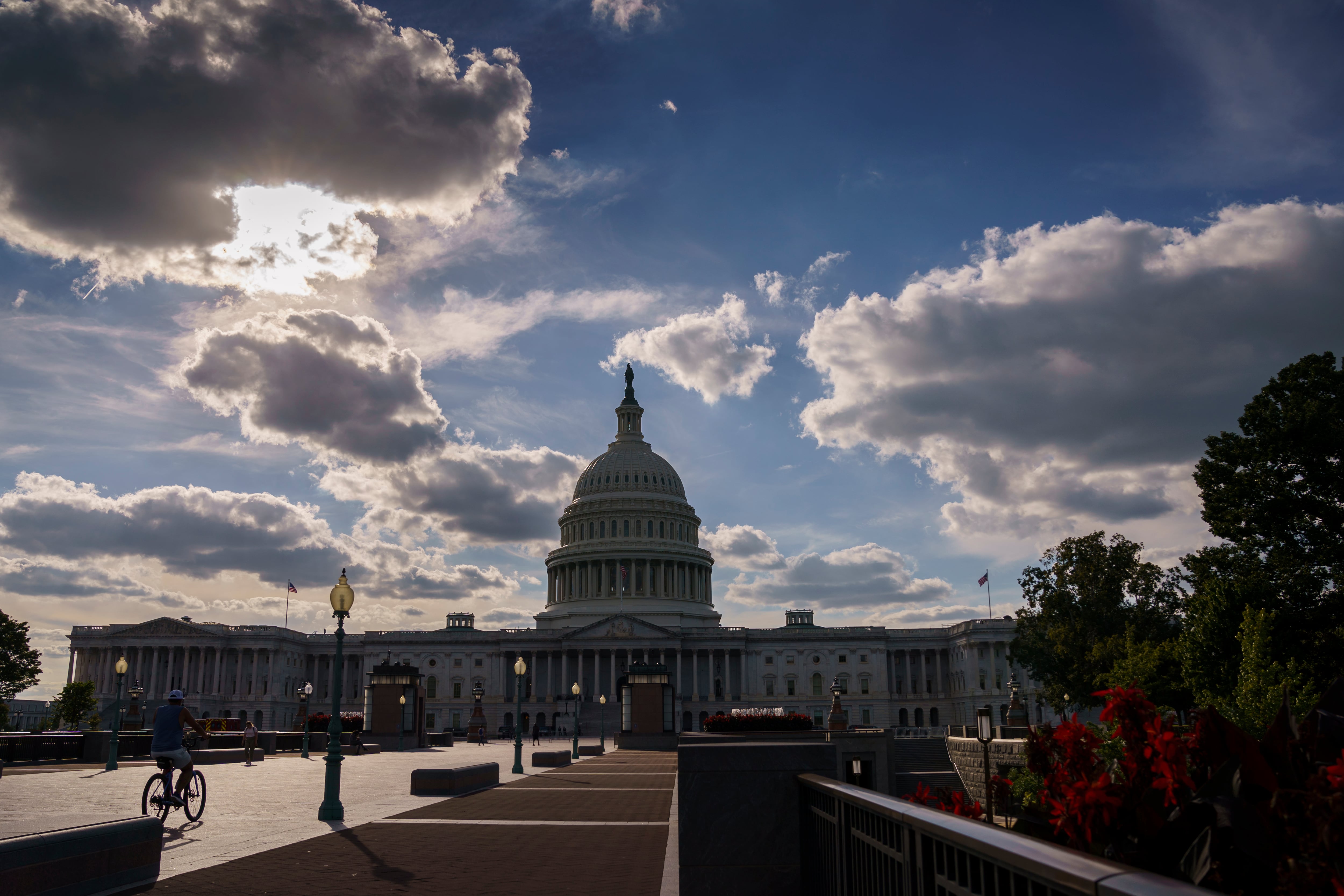House and Senate lawmakers finalized a three-month federal funding extension Wednesday that prevents a partial government shutdown next month but will still create some budget complications for military officials as they enter the new fiscal year Oct. 1.
The plan, which extends current federal program funding to Dec. 20, is expected to be signed into law by President Joe Biden on Thursday.
The extension lets lawmakers push debates over a full-year budget for government agencies until after the November elections. The plan passed despite objections from some Republicans who wanted some federal spending trims and language requiring additional verification of voters’ citizenship.
RELATED

The stopgap includes an additional $231 million to boost Secret Service operations amid the ongoing presidential campaigns.
Without a budget extension, military paychecks could have been halted in October and nonessential activities canceled due to lack of funding. Those concerns of a partial government shutdown are now moot, at least until late December.
But military leaders in recent weeks warned that any budget extension will have an impact on fiscal 2025 defense spending, because officials cannot begin new programs or procurement lines without a full-year budget plan in place.
“Asking the department to compete with (China), let alone manage conflicts in Europe and the Middle East, while under a lengthy continuing resolution, ties our hands behind our back while expecting us to be agile and to accelerate progress,” Defense Secretary Lloyd Austin wrote in a letter to congressional leaders Sept. 7.
“We have already lost valuable time, having operated under 48 continuing resolutions, for a total of almost five years, since 2011,” Austin wrote.
Last week, Army Secretary Christine Wormuth warned in a similar letter to lawmakers that a six-month budget extension would have delayed construction projects, munitions purchases, recruiting efforts and a host of other national security priorities.
The shorter extension will have a lesser impact, but Wormuth warned that any delay in getting a full-year budget will lead to “the Army’s inability to start new programs or realign funds to match emerging needs (which) would reduce our purchasing power and create meaningful cost as well as schedule risk in Army programs.”
Per previous agreements negotiated between the White House and congressional leaders, defense spending for fiscal 2025 is expected to total around $833 billion.
Leo covers Congress, Veterans Affairs and the White House for Military Times. He has covered Washington, D.C. since 2004, focusing on military personnel and veterans policies. His work has earned numerous honors, including a 2009 Polk award, a 2010 National Headliner Award, the IAVA Leadership in Journalism award and the VFW News Media award.





